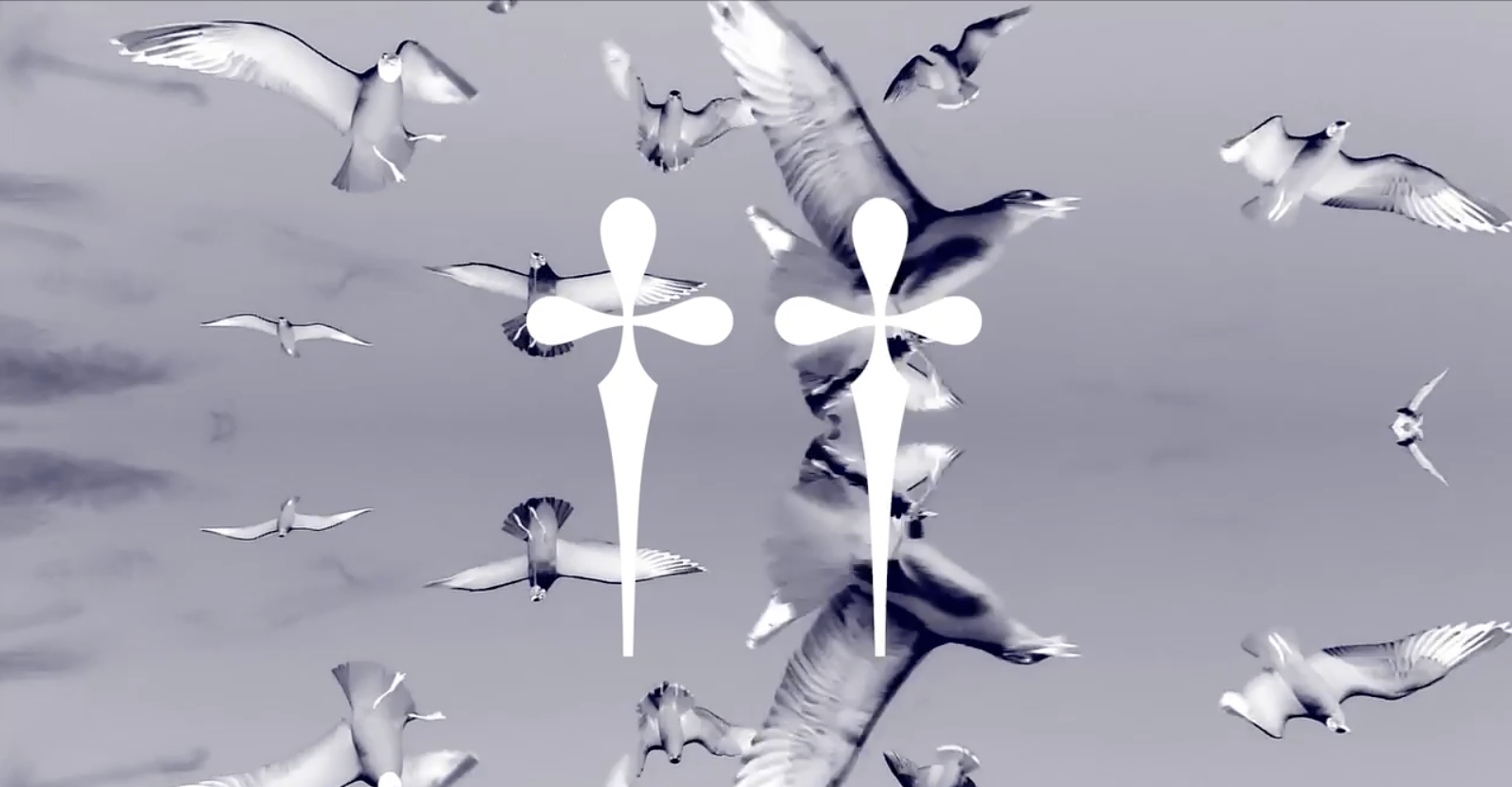CONTENT WARNING: If you feel psychologically burdened or destabilized, especially in the context of racism and experiences of violence, we advise you not to read further.
We mourn the loss of Heiko-Thandeka Ncube. His death sent shockwaves through his social environment that are still reverberating. Heiko was an artist, filmmaker, writer, and activist whose work and writing addressed the nexus between racism, violence, and history – by means of a visual and textual language of analytical precision and aesthetic conciseness to do so. At the Berlinale 2023, his film The early rains which wash away the chaff before the spring rains was shown, about the genocide under Robert Mugabe against the Ndebele, to which at least 10,000 people fell victim between 1982 and ’87 (the title of the film refers to the cynical euphemism of the Shona term “Gukurahundi” for the genocide). The twelve-minute video essay intertwines rhythmic abstraction with cruel concreteness; as an accompanying text states: “The work consists of widely sourced footage, cut and cropped into a mosaic evoking ghosts in shape of nationhood and ancestry […]. [The film] interlaces the historical context of the genocide with affective associations deriving from its traumatic legacy. It articulates a sense of grief, fear and violence that has been passed down through generations.“ Heiko’s work was also characterized by a certain bluntness, among others in his last unfinished work; a sharp critique of the inner contradictions of anti-colonial liberation movements in Zimbabwe. He was not interested in creating self-congratulatory heroic stories: His focus was often on problematic, ambivalent biographies, such as those of IS member Deso Dogg or Milli-Vanilli singer Rob Pilatus. He was just as sharply critical of racist patterns in German mythology and popular culture, as well as of the well-honed outsourcing of criticism of racist conditions to U.S. police violence. His brilliant text Rest in Pieces (2020) addresses this specific form of German and European deflection of guilt – this after the Hanau attack a few months earlier. His last contribution to the discussion was a fierce critique of what he called a decadent system of artistic tokenism that pigeon-holes Black artists primarily in stereotypical, identity-based positions while avoiding controversial and uncomfortable discussions.
Heiko was born in Harare, of Zimbabwean and German descent, and moved to Germany as a child. Studying Fine Arts at the UdK, he was a driving force in the student protest initiative #exitracismUdK in the summer of 2020 and afterwards, which drew attention to BiPoC’s experiences of discrimination in the institution and at the same time provided the articulation of these observations with concrete demands to support and build up the discrimination-critical approaches and structures at the university. He was now about to graduate. His combative commitment, his critical acuity was linked, as a matter of course, with a warm-hearted, emphatic approach, with an unmistakably humorous address that took its counterpart seriously. The loss is immense. Heiko’s legacy, the criticism of the existing without evasions and pleasing euphemisms, is a necessity, a task that is just beginning.
If you or other people in your environment are mentally stressed and destabilized, you can contact the following counseling and emergency services at any time:
– Berlin Crisis Service: phone (030) 390 63 00 (24h, free of charge), several languages
– Psychological-Psychotherapeutic Counseling of the Studierendenwerk: (030) 93939 8401, (030) 93939 8438, Office hours Mo bis Do 9–15 Uhr, Fr 9–13 Uhr
– Telephone Counselling (evangelisch/katholisch): 0800 111 0 111, 0800 111 0 222 or 116 123, online.telefonseelsorge.de
– Muslim Telephone Counselling: phone (030) 44 35 09 821
Specific help for people from war and crisis zones:
– Zentrum ÜBERLEBEN: Ambulant Department for Adults: +49 (0)30 303906 0, Wednesday 11 am – 12 pm, Department for Refugee Services: +49 (0)30 303906 512, Monday 1 pm – 2 pm
– XENION offers psychosocial services for refugees with interpretation in 35 languages, info@xenion.org
– The Center for Intercultural Psychiatry & Psychotherapy (ZIPP) at the Charité, use of professional language and cultural mediators (interpreters) in order to enable treatment in all languages of our clientele, (030) 450 517 095, Monday–Friday, 08:30 am – 4:30 pm, zipp@charite.de
– KuB, Kontakt- und Beratungsstelle für Flüchtlinge und Migrant_innen e.V. offers psychosocial counseling: Initial conversations every Monday 9 – 11 a.m., for an appointment: psb@kub-berlin.org, (030) 614 94 00

